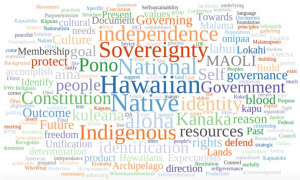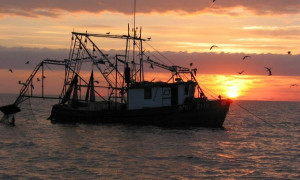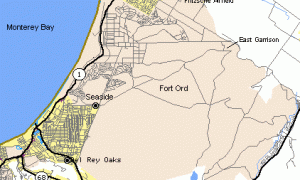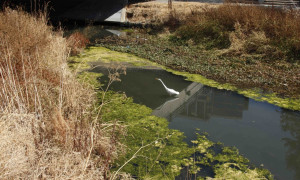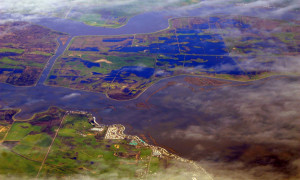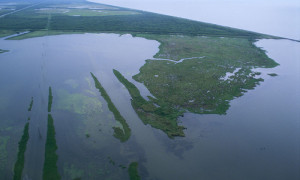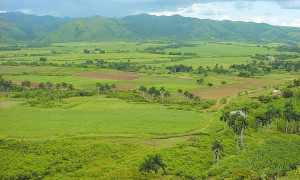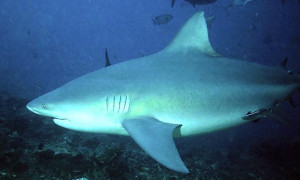The Louisiana Comparative Risk Project was the state’s first-ever multi-stakeholder dialogue, and it produced a major accord to improve management of the state’s environment.
The project explicitly ranked 33 environmental issues based on their estimated risk to human health, ecology, and quality of life. A major impetus for this project was the recognition of widespread occurrence of childhood and adult cancer in many regions of the state.
CONCUR’s role in the project included a mix of process design, translation of technical information, and facilitation of the very first multi-stakeholder dialogue in the state. The ranking process integrated the perspectives of both the standing stakeholder body and the general public through a day-long “Summit on the Environment” and 11 town meetings to yield a final consensus ranking of the relative risks of the 33 specific issues. The effort also developed broadly-supported environmental policy goals and action strategies. In all, representatives of 12 state agencies and over 30 interest groups, including the environmentalists, fish and wildlife interests, chemical and oil industries, labor and community activists, as well as federal agencies, signed the final agreement, implemented by executive order of the governor.


